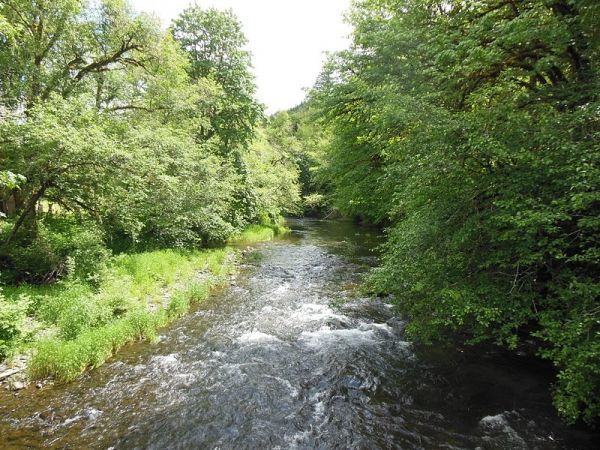Economists have found that in the United States, watershed groups have had a positive impact on their local water quality.
The study is published in the journal Proceedings of the National Academy of Sciences. This is the first empirical evidence that nonprofit organizations can provide public goods, said Christian Langpap, an Oregon State University economist and study co-author with Laura Grant, an assistant professor of economics at Claremont McKenna College.
In economics, a public good is a commodity or service that individuals cannot be effectively excluded from using, and where use by one individual does not reduce availability to others. For these reasons, public goods can’t be provided for profit and nonprofits can play an important role.
“Environmental nonprofit groups are assumed to provide public goods,” said Langpap, an associate professor in OSU’s College of Agricultural Sciences. “But until now that assumption has never been tested empirically. We determined that the presence of water groups in a watershed resulted in improved water quality and higher proportions of swimmable and fishable water bodies.”
Read more at Oregon State University
Photo Credit: Jsayre64 via Wikimedia Commons


